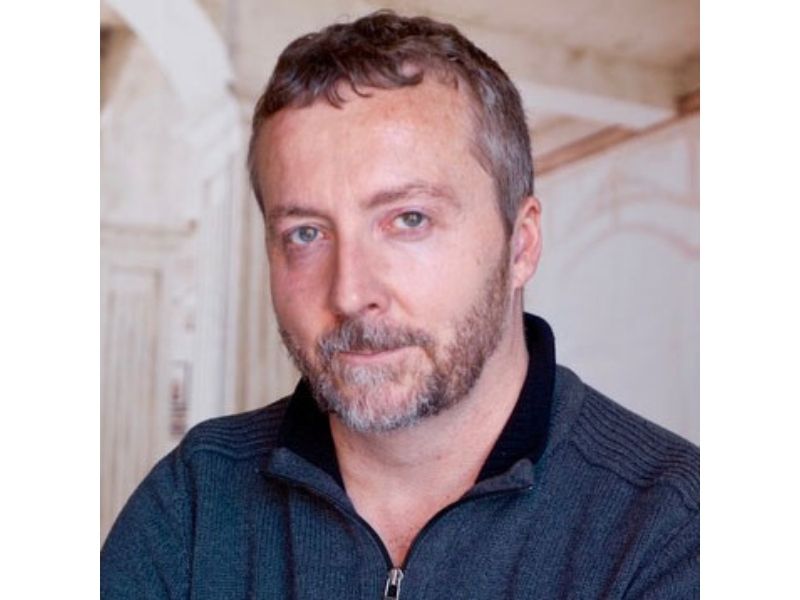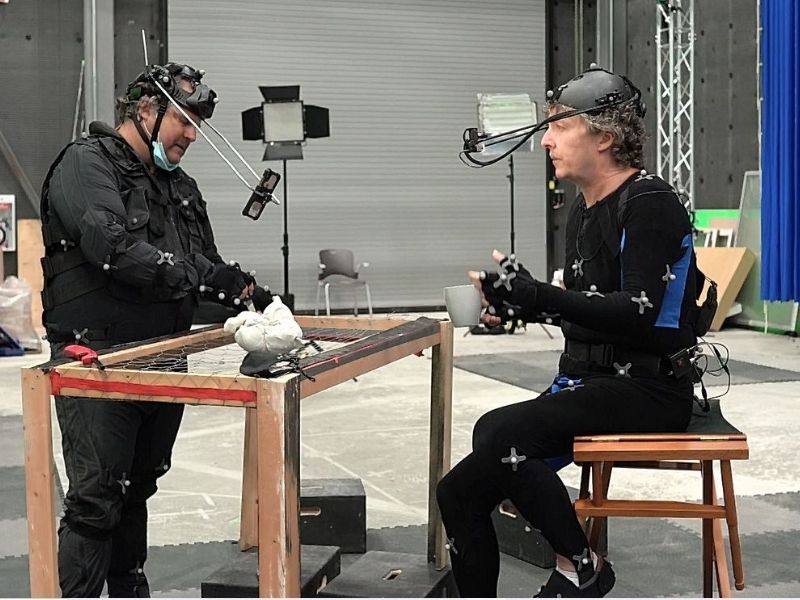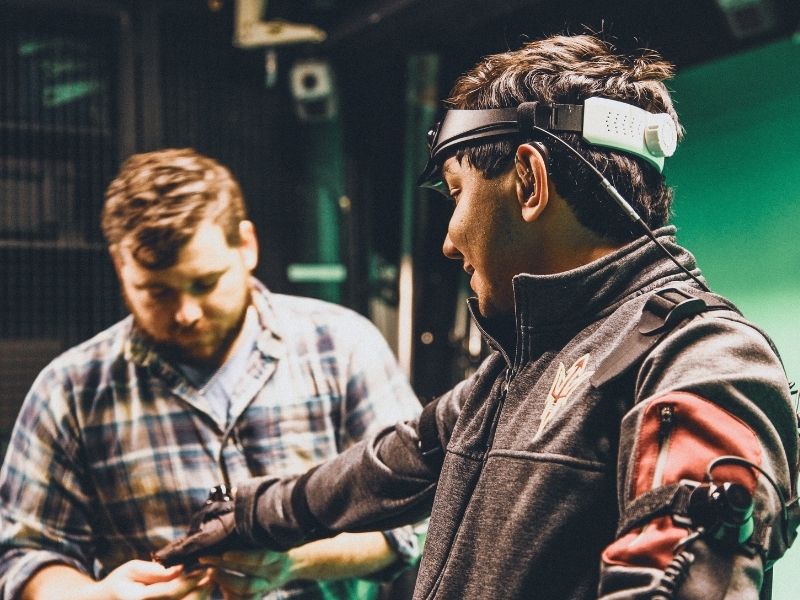Motion capture training to launch careers in booming video game sector
Motion capture training to launch careers in booming video game sector
The Performance program at The Creative School is now offering students the opportunity to learn 21st-century skills in motion capture training and voiceover acting as a way to launch students into booming video game acting careers. Leading the way is instructor and established actor Ivan Sherry (opens in new window) , an expert in the field of video game performance with numerous AAA video game acting credits that include the last five Assassin’s Creeds — video game developer Ubisoft’s most popular franchise.
Emerging technologies inspire new ways of storytelling

Performance instructor and actor Ivan Sherry

Ivan Sherry performing for motion capture
Quickly becoming established as a new field of performance is motion capture which is used in animation, video games, and even some interactive performance
Performance training and education is evolving rapidly at The Creative School.
“Performance is an ever-changing field of study,” explains Associate Professor of Acting, Cole Lewis. “Performers can act on stage, in film and television, and do voice over for video games, animation or audiobooks. Quickly becoming established as a new field of performance is motion capture which is used in animation, video games, and even some interactive performance. It requires a unique set of skills alongside a base knowledge of acting for the stage and acting for the camera.”
A seasoned professional, Sherry’s areas of specialization are performance motion capture (MoCap) and voiceover for gaming.
“For actors that are coming out of acting programs today, these skills not only apply to video games, but a big portion of the film and television production industries, and even theater,” says Sherry. “For example, Soulpepper’s current production of Draw Me Close, written by Jordan Tannahill, uses virtual reality and MoCap. The Royal Shakespeare Company has also used motion capture in their most recent production of A Midsummer Night's Dream.”
There have even been calls for motion captured performances to become eligible for Academy Awards nominations (external link, opens in new window) .

Photo: Lisha Dunlap from Pexels
New technologies in the entertainment industry
The numbers speak volumes. Sherry points out that in a (PDF file) 2019 economic impact report (external link) by the Entertainment Software Association of Canada (external link) (ESAC), video game companies in Canada generated about $3.6 billion in revenue (external link) . “The growth of this sector has been immense,” he explains. “And the amount of work in gaming, both voiceover and motion capture performance, has increased dramatically.”
In Ontario alone, interactive digital media contributes over $3 billion to provincial GDP, according to Ontario Creates (external link) , an agency of the Ministry of Tourism, Culture and Sport.
“In general, we train our students as the changemakers of the future,” says Lewis. “Introducing them to a wide range of opportunities, including performance that is at the cutting edge of emerging technologies, will prepare them to meet and exceed the expectations of the industry.”
23M Canadians play games regularly
$3.6B in Canadian video game sales
Game development worth $4.5B in 2019
Apart from the script, all you have is your imagination and you have to immerse yourself in the scene the way young children do when they're playing.
Performance acting in video games
The new motion capture course will introduce students to the practical and creative techniques of MoCap, as well as its technical requirements. Like traditional acting, students will work at script and character development, and also create fully-realized imaginary surroundings.
“A motion capture performance is very much a full-body performance that relies completely on the imagination,” says Sherry. “There are no real costumes, sets or props. You could be working with bits of wood, a pool noodle even. Apart from the script, all you have is your imagination and you have to immerse yourself in the scene the way young children do when they're playing.”
Sherry’s driving force continues to be a deepening of the talent pool for this specialization here in Toronto, offering another incentive in attracting entertainment companies.
“It's crucial to be at the forefront of technology and preparing students for the 21st century,” asserts Sherry. “And there are very few acting programs that have the in-depth training that The Creative School offers. It will give graduates a real advantage because they’ll be confident, skilled and market-ready.”
The Creative School at Ryerson University
The Creative School is a dynamic faculty that is making a difference in new, unexplored ways. Made up of Canada’s top professional schools and transdisciplinary hubs in media, communication, design and cultural industries, The Creative School offers students an unparalleled global experience in the heart of downtown Toronto.